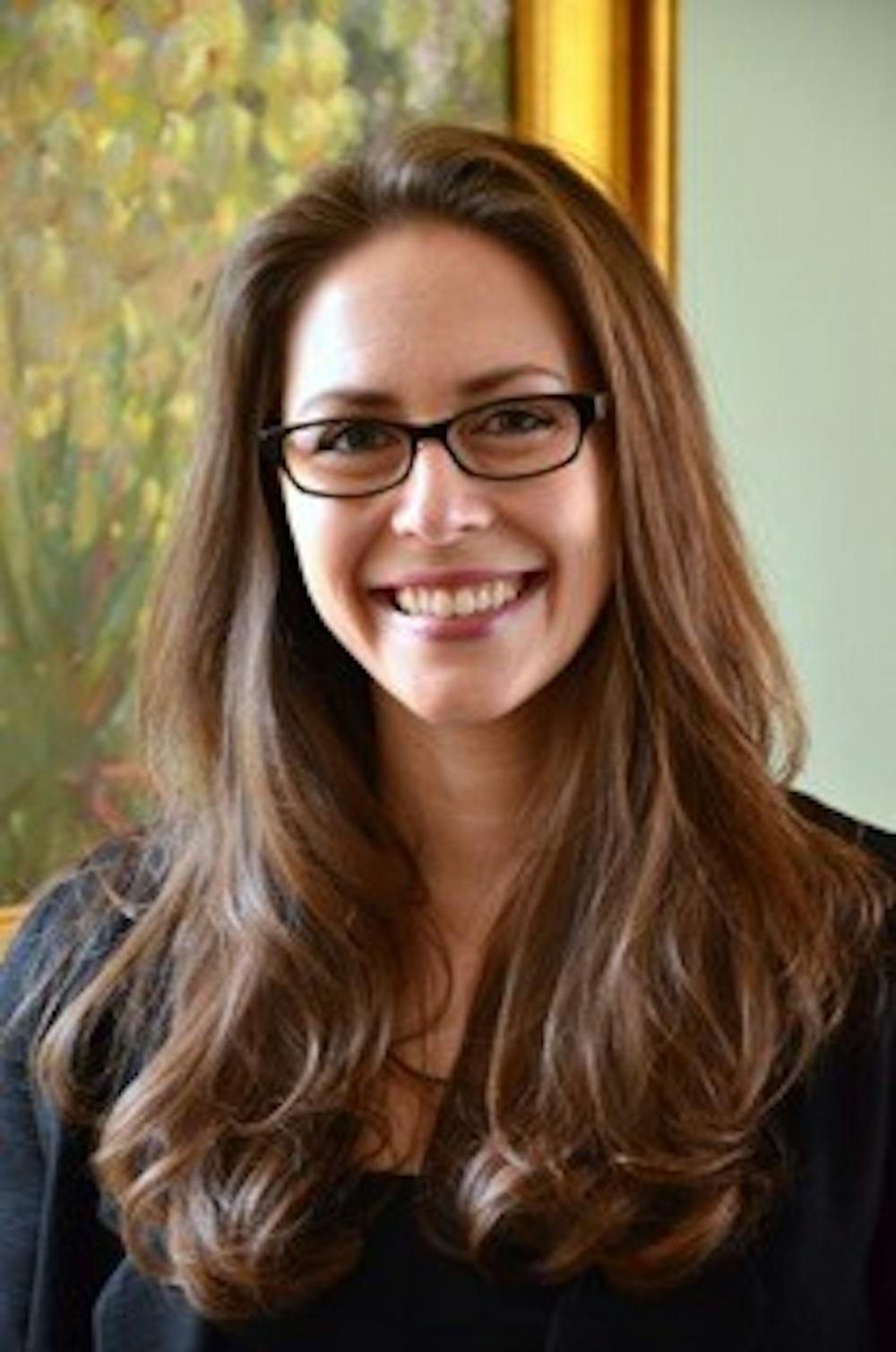The University’s Women, Gender and Sexuality program added two new faculty members to their staff for the fall, Miranda Waggoner and Doug Meyer.
Waggoner’s position is part of a joint hiring effort between the sociology department and the WGS program.
“This appointment replaces a previous professor who left the department,” WGS Director Charlotte Patterson said.
Waggoner is a National Science Foundation postdoctoral research fellow at Princeton University in the Office of Population Research. She specializes in research on how culture impacts understanding of medical science, specifically analyzing how motherhood and reproduction function as sites of inequality.
Waggoner graduated from the University of Texas at Austin and earned her doctorate in sociology and social policy from the sociology department and the Heller School for Social Policy and Management at Brandeis University.
“In my first year at U.Va., I will be teaching Health and Society (Sociology), Gender and the Body in Society (WGS) and Feminist Theory (WGS),” Waggoner said in an email. “I am excited to join the superb faculty at U.Va., and I very much look forward to teaching these courses.”
Meyer will be added as a lecturer specializing in LGBTQ Studies under a donation from University alumna Susan Bram. He is a visiting professor of sociology at the College of Wooster.
Meyer’s work focuses on the race, class and gender dynamics of anti-queer violence. Meyer received his bachelor’s degree in sociology and political science at Albion College and his doctorate in sociology from the Graduate Center of the City University of New York.
As part of the Wooster faculty, Meyer taught courses on research methods, urban sociology, sociology of the family, sex and gender, and sociology of sexuality.
His research interests include race, class and gender studies, qualitative methods, criminal justice and sexualities, and he will be teaching “Sexuality and Society,” “Queer Theory” and “LGBTQ Communities: Race, Class, Gender” in the fall.
The WGS department has grown in recent years from a women’s studies program to a more comprehensive organization, Patteron said.
“These new additions are excellent teachers and scholars,” Patterson said. “[WGS] started as volunteering from faculty and [was] unable to offer a major or minor. Now, there are 37 courses and over 60 students who are majoring or minoring in the program and hundreds of students who take [our] courses.”







